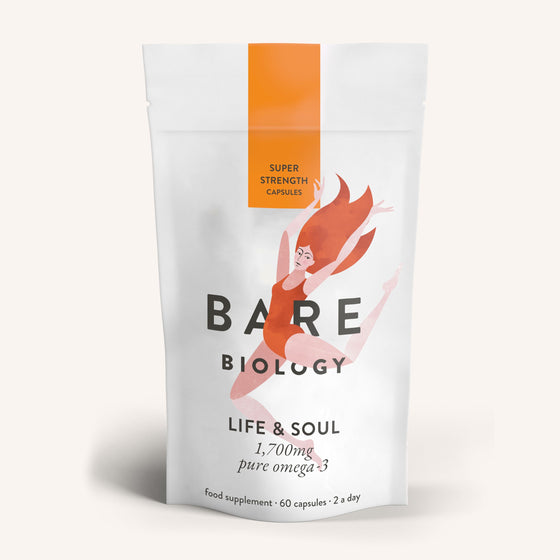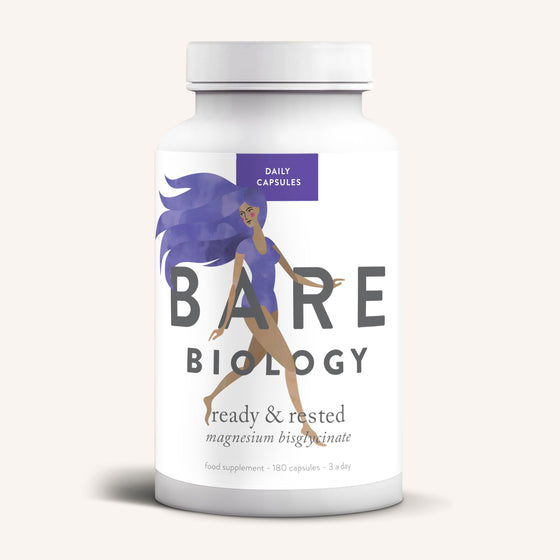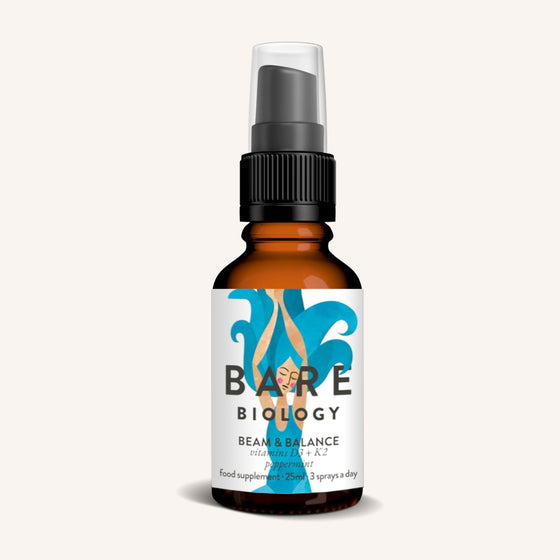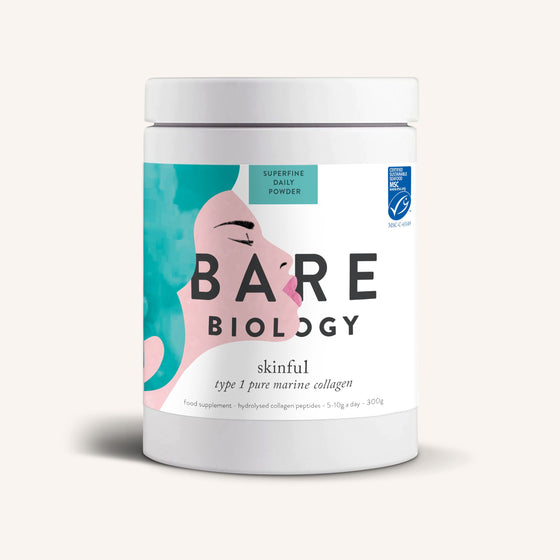While skincare and makeup can contribute, most types of acne are caused by a fluctuation or imbalance in your hormone levels. Unfortunately this means it can strike at any age – even if you were lucky enough to miss out on teenage blemishes.
While it can feel like an injustice to develop spots in your mid-twenties and beyond, there’s plenty you can do to help bring your skin (and hormones) back into balance.

Strip back your skincare…not your skin...
When you’re experiencing breakouts, it can be tempting to throw every product at the problem – no matter how harsh. It's tempting to want to strip the skin so to speak. However, common acne treatments often contain irritants that lock skin into a cycle of dryness, irritation and breakouts.
Take your routine back to basics with a gentle, alcohol and detergent-free cleanser to remove dirt and impurities without stripping away the skin’s protective oils. Use a muslin cloth to gently exfoliate and prevent dead cell build up.
Try following with a natural plant water to refresh and a light layer of Shea butter-free moisturiser in the morning.
What you put in your skin is as important as what you put on
Emerging research suggests a low glycemic load diet may help to ease acne by preventing blood glucose spikes caused by high glycemic load foods; think high sugar snacks, white carbohydrates and fizzy drinks.
These spikes send a message to the pancreas, causing an acute rise in insulin along with other hormones, which may aggravate and inflame the skin.
There’s also compelling research showing that Omega 3 and Gamma Linolenic Acid can help reduce inflamed acne lesions. Consider supplementing with high quality oil or speak to a naturopath about which supplements might work best for you.
Stress is a major cause of acne
Easier said than done, but our skin is incredibly attuned to our emotions so try not to fret over blemishes. Cortisol, the stress hormone, can increase sebum production and inflammation, so try not to fall into a cycle of stressing about your skin which will only make it worse.
Try the steps above, focus on your diet and a gentle skincare regime, and trust that it is a phase that will pass soon enough.
Meg Lucas of Pai Skincare
Check out our Omega 3 skin benefits guide.






